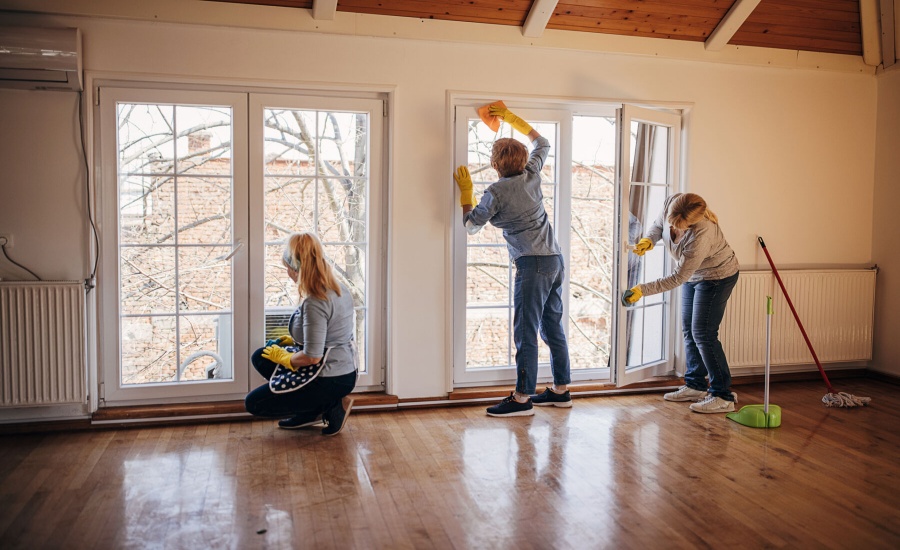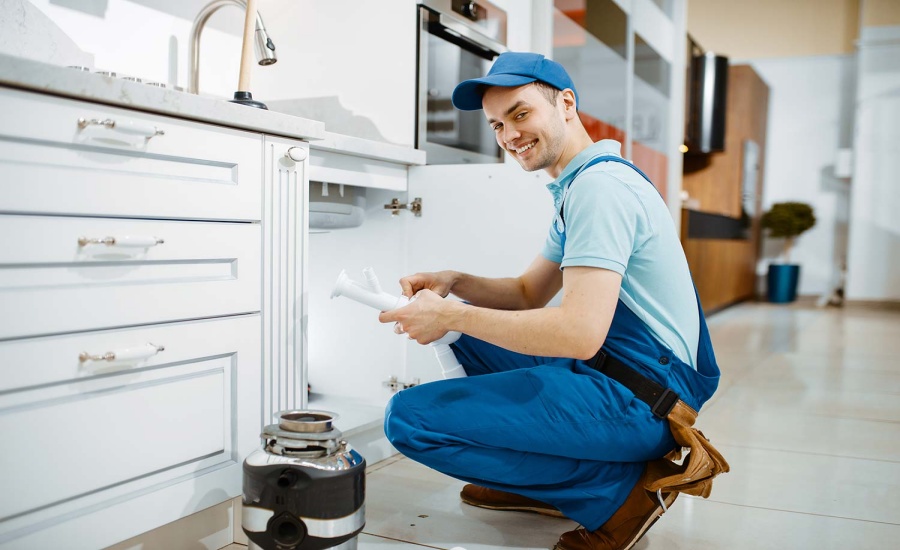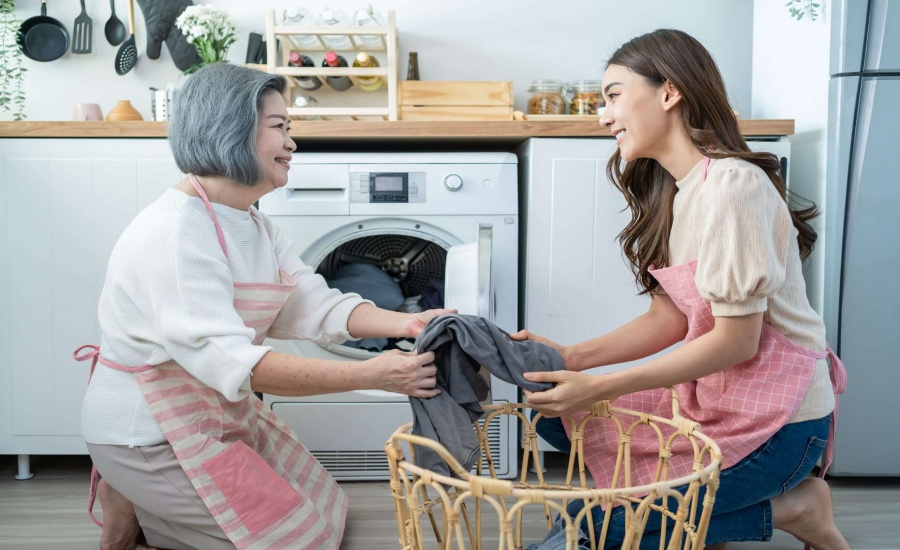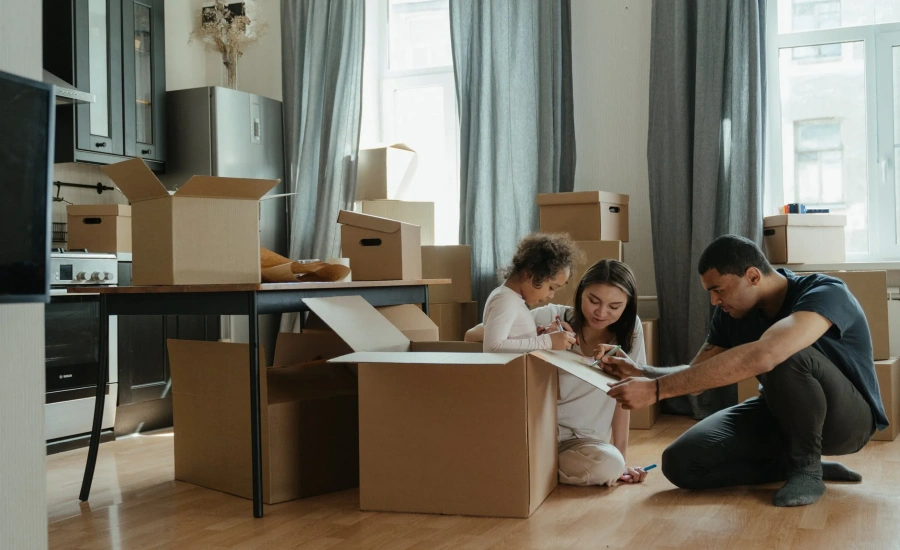

How To Maintain A Home For Lasting Comfort And Value
The HVAC system, a cornerstone of home comfort, requires regular attention to ensure optimal performance. Regular filter changes and annual professional servicing can significantly extend the lifespan of these systems and improve their efficiency. With the advent of smart thermostats and energy-efficient models, homeowners can now maintain their HVAC systems more effectively, reducing energy costs…

What You Need To Know About Home Maintenance Tips
Regular inspection of your home is the cornerstone of effective maintenance. Look for signs of wear and tear on the roof, walls, and foundation. Check for leaks, cracks, or other damage that could worsen over time. Pay particular attention to areas exposed to the elements or heavy use. Your heating, ventilation, and air conditioning (HVAC)…

Why Revamp Your Home Office
The first reason is productivity. A home office that is cluttered or poorly arranged can be a distraction, leading to decreased efficiency. By renovating, you can create a workspace that is conducive to concentration, enabling you to get more done in less time. Consider investing in ergonomic furniture, adequate lighting, and noise-cancelling features to enhance…

How To Transform Your Home With Holiday Decor
Firstly, choosing holiday decor that complements your existing home decor can create a harmonious aesthetic. Consider the color palette and style of your home before purchasing holiday decorations. For a modern home, opt for sleek, minimalist decorations, while a rustic home might benefit from traditional, cozy decor. Next, think about the placement of your decor….

Why Office Home Renovations Are Worth The Investment
The first reason why office home renovations are essential is productivity. A well-designed home office can significantly enhance productivity levels. Incorporating elements like adequate lighting, ergonomic furniture, and efficient storage solutions can create a workspace that promotes focus and efficiency. Another compelling reason is the work-life balance. When your home doubles as your office, drawing…

How To Choose And Care For Outdoor Furniture That Lasts
Material selection makes all the difference in outdoor furniture longevity. Teak remains a premium choice for its natural resistance to rot and insects, developing a beautiful silvery patina over time. Powder-coated aluminum offers lightweight durability with minimal maintenance, while all-weather wicker provides the look of natural fibers without the fragility. For those preferring modern aesthetics,…

How To Successfully Renovate Your Home Office
Begin by assessing your needs. What kind of work do you do? What tools or equipment do you need? How much space do you require? Answering these questions will help you determine what changes you need to make in your home office. Remember, the goal is to create a workspace that suits your specific needs…

Why Thoughtful Holiday Decor Transforms Your Home Every Season
Holiday decorations serve as visual markers of special times, triggering nostalgia and anticipation. The sight of twinkling lights or familiar ornaments instantly transports us back to childhood memories while creating new ones for younger generations. This psychological connection makes seasonal decor more than just pretty objects—they become tangible representations of family history and shared experiences….

What Are Some Practical Tips For Home Maintenance
Your HVAC system, the heart of your home’s comfort, needs regular maintenance to function efficiently. Simple actions like changing filters regularly and scheduling annual professional check-ups can prolong the system’s lifespan and improve its efficiency. With advancements in technology, homeowners can now leverage smart thermostats and energy-efficient models to optimize their HVAC systems, ultimately saving…

How To Keep Your Home In Top Shape
HVAC systems, crucial for comfort in your home, require regular attention for optimal performance. Changing filters on a regular schedule and arranging for professional servicing annually can significantly extend the system’s lifespan and improve its efficiency. With the advent of smart thermostats and energy-efficient models, homeowners can now maintain their HVAC systems more effectively, leading…





















